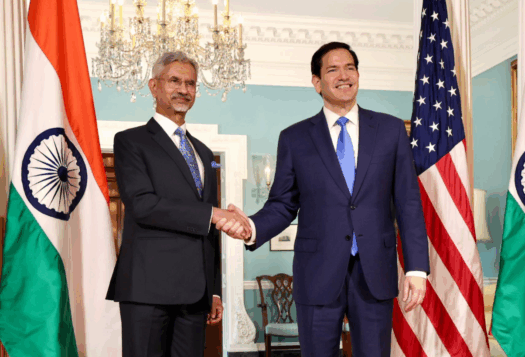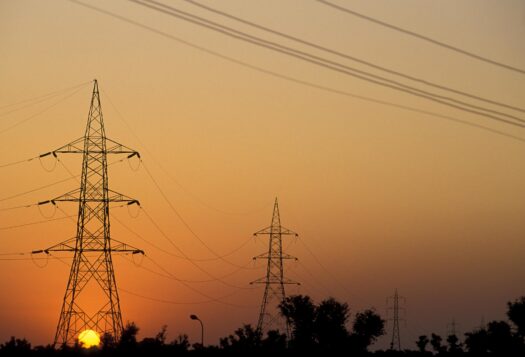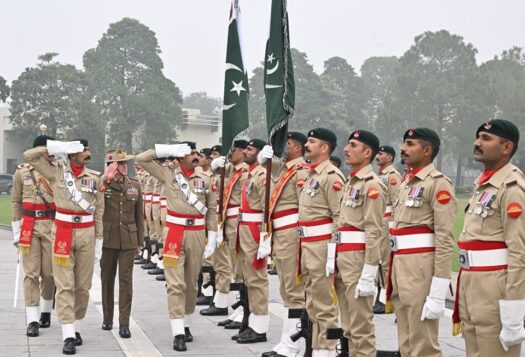
The George W. Bush administration confused the meaning of “terrorism” and“insurgency”, regularly using these terms interchangeably in imprecise and arbitrary ways. However, the difference between insurgents and terrorists is significant. Insurgencies are resistance movements fought within states. Terrorism is a tactic used by non-state actors to achieve a larger goal. In the Middle East, Turkey is also mistaking terrorism with insurgency. It is wrong for Turkey to call fighters of the PKK terrorists, when they are insurgents. India and Pakistan confuse these terms in dealing with domestic insurgencies at their own expense.
In South Asia, two neighboring states, India and Pakistan, yet again engaged in a battle of words over an attack – not even waiting for clear evidence on the nature of the attack. Rajnath Singh, Union Home Minister of India, in response to the July 27 attack in Gurdaspur on stated that terrorists came from Pakistan through the Ravi River. He said, “The government will do everything possible to prevent cross-border terrorism aimed against India.” The Hindu has reported that Minister of State Jithendra Singh alleged that the Inter-Services Intelligence (ISI) was behind the assault. Other analysts have noted the revival of insurgency movements in India (for example, the Khalistan movement) – although at present it is unclear if separatists were involved this latest attack. Pakistan quickly rejected accusations of involvement. Foreign Office spokesperson Qazi Khalilullah stated, “It is unfortunate that India is pointing fingers even before the investigation is complete,” and “Pakistan has condemned the Gurdaspur attack.” Amir Rana, a Pakistani terrorism expert, has cited examples of “terrorist attacks in India that were initially blamed on Pakistan, only to have investigations later reveal that the perpetrators were aggrieved Indian Muslims, and in at least one case, Hindu extremists.” India routinely and reflexively blames Pakistan whenever there is a terrorist attack in India. According to Khalilullah, “To tackle terrorism a cooperative approach is required… Blame game and finger-pointing would be unhelpful.”
In Pakistan, many people mislabel the Balochistsan movement as terrorist in nature, when it is in fact, like Kashmir in India and Kurdistan in Turkey, an insurgency. Pakistan should resolve the Baloch insurgency expeditiously, particularly as development projects of the China-Pakistan Economic Corridor (CPEC) are set to begin. A new Pakistani initiative to secure Balochistan is an important measure to stop attacks like those on an airport in the district of Gwadar, gas pipelines, trains, and Chinese engineers which cause collateral damage, loss of life, and economic and political instability. However, an overarching political solution in Balochistan would be a more durable alternative than simply taking a military-centric approach. Securing a victory and lasting peace against insurgency would be in Pakistan’s national interest.
Confusing terrorism and insurgency can have serious consequences for a country’s diplomatic posture and counter-terrorism operations. India and Pakistan should not stay engaged in a blame game for cross-border terrorist activities. The national security and foreign affairs advisor to the Pakistan prime minister stated, “Terrorism is our common enemy and it is vital for the two countries to work together to defeat this menace.” The situation will improve only if both countries put aside their historical rivalries and work for regional peace and security. The growing threat of urban terrorism around the world and the entry of insurgency into centers of urban areas can strain relations between states and provoke overreactions from the government.
States need to develop military and non-military strategies to address terrorism and insurgency. Afghanistan and Pakistan, for example, would benefit from this type of approach. If talks with Afghan Taliban succeed, Afghanistan and Pakistan could work together to combat ISIL.
***
Image: Cadalpe, Getty


